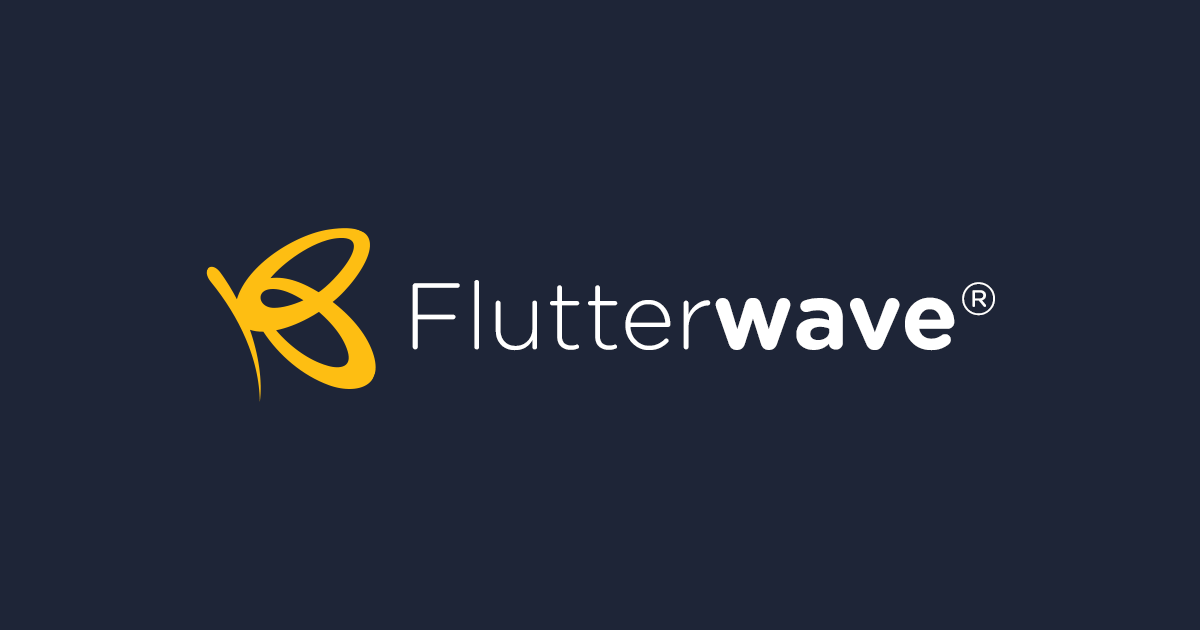The latest data released by the Nigerian Communications Commission (NCC), the industry regulator, show that internet subscriptions stood at 152.7 million in October ’22, representing a marginal decline of -0.05% m/m.
Meanwhile, on a y/y basis, internet subscriptions increased by 8.9%. Based on anecdotal evidence, internet subscription activity has been impacted by weaker spending capacity among consumers, following the upticks in the headline inflation.
MTN accounted for the largest share (42.2%) of internet subscriptions in October ’22. Meanwhile, Globacom, Airtel, and 9Mobile accounted for 27.9%, 26.3%, and 3.4% of total subscriptions respectively. Among the mobile network operators, MTNN, Globacom, and 9Mobile recorded m/m increases in internet subscriptions at 0.7%, 0.3%, and 6.1% respectively.
However, Airtel recorded a decline of -2.4% in total subscriptions.
Based on MTNN’s Q3 ’22 results, service revenue increased by 20.6% y/y. This was due to significant growth in data revenue (49.1% y/y). The increase in data can be largely attributed to a y/y increase in active data subscriptions (+3.7 million). These increases were supported by sustained 4G expansion as well as the conversion of existing subscribers on the 3G network to 4G in a bid to continue driving smartphone penetration.
Furthermore, 5G spectrum licenses increased to three (from two) in December ’22 as Airtel NG emerged the sole bidder in the NCC’s planned auction this year. We recall that the NCC had awarded 5G spectrum licenses to MTN and Mafab Communications in 2021.
We expect to see a positive ripple effect across sectors such as education, agriculture, finance, transportation, commerce, and healthcare. MTNN currently has 5G coverage in seven key cities in Nigeria (the FCT, Lagos, Port Harcourt, Owerri, Ibadan, Kano, and Maiduguri).
According to the NCC, in October ‘22, broadband penetration increased to 45.6%, vs 39.9% recorded in the corresponding period of 2021. We note that the FGN has a target of 90% broadband penetration by 2025. Several existing challenges continue to impact broadband penetration in Nigeria. They include, epileptic power supply, poor or limited ICT infrastructure, data costs and high fees associated with right of way (RoW).
In 2020, the Nigerian governors’ forum resolved that telecom operators should pay a RoW (rights of way) fee of N145 per linear meter of fibre. However, based on local newswires, only Kaduna, Ekiti, Katsina, Plateau, Ekiti, Kwara, Imo and Anambra are implementing the new fee.
The FCT minister recently disclosed a charge of N14.50 per linear meter RoW charges (a 90% reduction from the regular fee) would be considered for telecommunication companies that plan to deploy broadband in green areas across the FCT. This would boost broadband penetration in rural areas as well as significantly reduce operating costs.
It is worth highlighting that many states continue to charge relatively high RoW fees. Industry sources suggest that in states like Benue and Ogun, it costs operators N2,500 and N4,000 per linear meter of fibre respectively in RoW charges. However, in Lagos, the fee ranges between N750-N1500 per linear meter of fibre. The absence of a unified RoW fee across the country continuously stalls the advancement of broadband fibre networks.
The latest national accounts show that the telecommunications segment grew by 10.1% y/y in Q3 ’22 vs 7.7% recorded in Q2 ’22. Furthermore, inflation in the communication segment declined slightly to 11.5% y/y in November ‘22 from 11.8% y/y in November ‘21. However, operating expenses remain considerably high as telecommunication companies continue to struggle with high energy costs, fx illiquidity, vandalism and supply chain disruptions, among others.


 Naira4 weeks ago
Naira4 weeks ago
 Naira4 weeks ago
Naira4 weeks ago
 Travel3 weeks ago
Travel3 weeks ago
 Jobs4 weeks ago
Jobs4 weeks ago
 Naira3 weeks ago
Naira3 weeks ago
 Naira3 weeks ago
Naira3 weeks ago
 Investment4 weeks ago
Investment4 weeks ago
 Travel4 weeks ago
Travel4 weeks ago



























